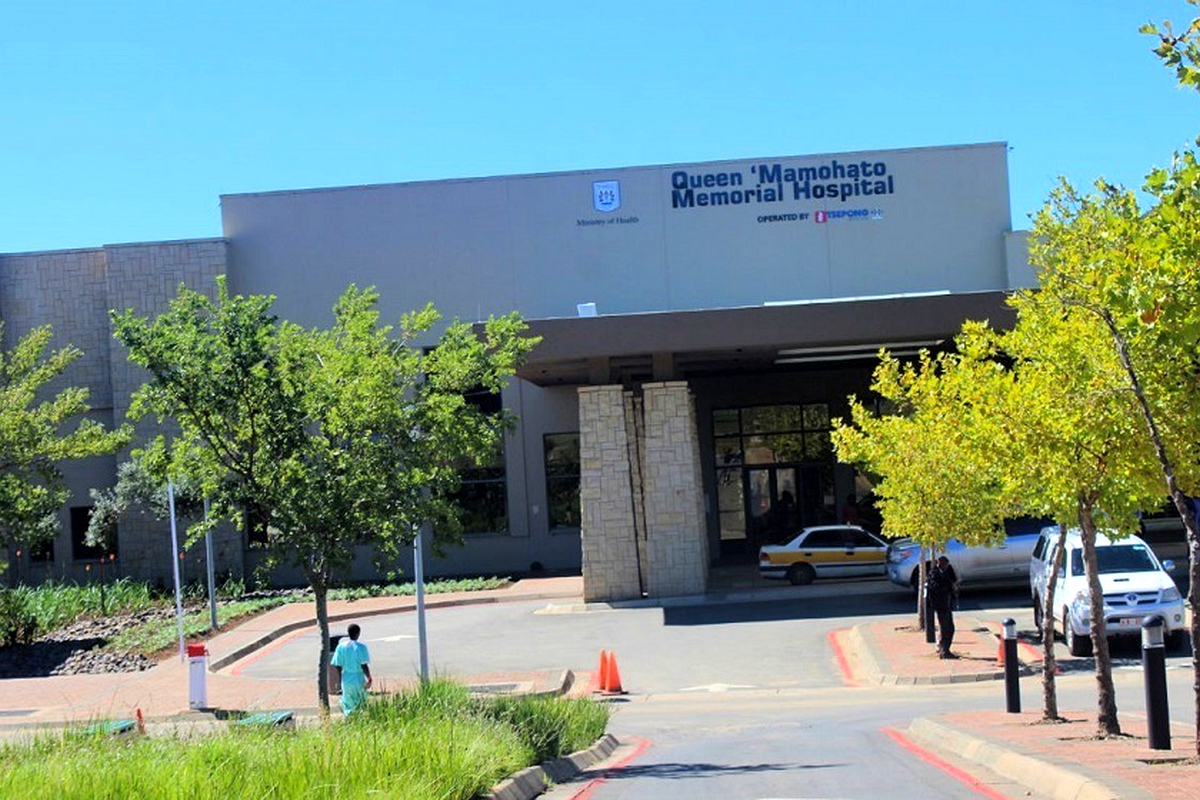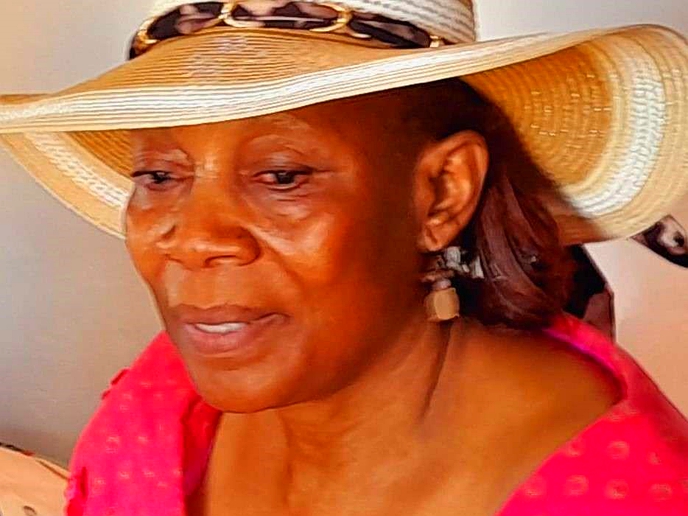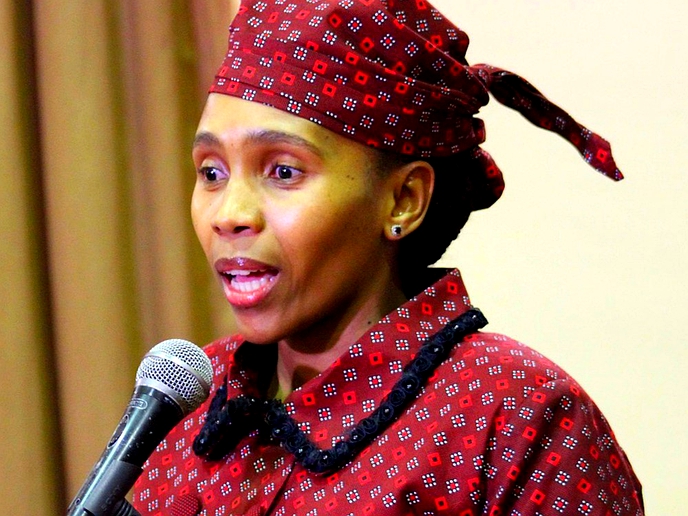AT the outset of the COVID-19 pandemic, governments warned of potential implications of the virus. As the deadly disease continued to spread, many doctors provided treatment for a malady they little understood, while others contributed to accelerated research on potential treatments and vaccines.
health
Feb. 8, 2021
GERALD MOLUPE
6 min read
Doctors’ heroic efforts against COVID-19

Queen 'Mamohato Memorial Hospital
Now the pandemic has worsened worldwide and health professionals work tirelessly to provide care for patients—some even returned from retirement to help provide assistance.
Lesotho doctors are not spared from this battle which has already killed at least 183 people in the country and millions across the globe.
But there is a significant progress that has been made by the health professionals in containing the deadly virus.
Maseru District Health Manager Dr Moseme Makhele says they went out to villages across the country to encourage people to test for COVID-19.
He says they started in Motimposo, Maseru after realising that there was a considerable number of people dying in that neighbourhood.
The campaign started on January 15 and is still continuing. It emerged that most of the people dying are aged between 26–50.
Initially, there was a dead end met as people were not keen to have their family members tested for the virus.
With the assistance of some Members of Parliament along with their committees of chiefs and councilors, Dr Makhele says they were able to make a breakthrough and eventually test people.
They were able to assist people who had mild symptoms of the virus but those who showed serious signs were ferried to the Mafeteng and Berea government hospitals, which have been designated as the quarantine centres.
At times, they would take some patients to St Joseph Hospital in Roma and the Makoanyane Military Hospital which have a capacity of 20 beds each.
Dr Makhele says with the assistance of the National COVID-19 Secretariat (NACOSEC), they were able to buy oxygen for the patients, adding that other patients were taken to Scott Hospital in Morija for treatment.
The sharp spike of COVID-19 related deaths in Motimposo according to Dr Makhele was triggered among others by large crowds of mourners attending funeral services.
This, he says has had a negative impact on the lives of people in the area.
Because some people do not want to disclose what has killed their family members, Dr Makhele says mourners would attend funeral services like normal, unaware that the deceased had in fact died from COVID-19 related complications.
Unfortunately, in such instances the deceased’s bodies would be treated like normal too.
The mourners, Dr Mokhele says would gather at the funeral services without putting on their masks and by doing so, spreading the virus.
Although the doctor does not have an exact figure of people who succumbed to the pandemic in Motimposo, he is however, adamant that the number is significant.
“What also fuels the spread of the virus in Motimposo is that most people live in small homes in large groups and there is poor circulation of air in such environments, hence settings like those become super spreaders of the virus,” he also notes.
Enjoy our daily newsletter from today
Access exclusive newsletters, along with previews of new media releases.
He however, adds that if community leaders like area chiefs, councilors as well as church leaders could take the front seat in the fight against the virus, they would win the battle.
“The campaign to visit people in villages for testing was initiated by the NACOSEC and has extended to other districts like Leribe and Berea. The plan is roll it out the rest of the country soon,” Dr Mokhele further says.
He adds that with public bars now closed and huge weddings restricted, the main problem still remains with funerals.
The spokesperson of the Queen ’Mamohato Memorial Hospital (better known as Tšepong), Mothepane Thahane says the operating system at the health facility is still the same.
To contain the virus, she says they ensure that they do not run out of Personal Protective Equipment (PPE).
They also ensure proper spacing between the hospital beds Mrs Thahane says, in order to maintain social distancing, adding that a room that used to keep 35 patients now only houses 10.
She says they ensure that drugs are available at all times for the patients.
Some doctors flatly denied talking to this publication with regards to their efforts in curbing the spread of the virus.
But Dr Kabelo Matjeane of the Mokhotlong government Hospital says each day, they get more patients at the centre owing to increased infections.
She says a sharp spike in the infections happened as the second wave of the pandemic set in around December.
“But our needs are being addressed bit by bit,” Dr Matjeane says.
Earlier, she had told this paper that the hospital entered a crisis mode when essentials ran out during the festive season as Basotho travelling from South Africa through the Sani Pass arrived in droves.
“Working in Mokhotlong is strenuous because it is the only hospital in the district. The sad reality is that some people only came home and returned to their jobs in South Africa without getting tested, hence it is difficult to trace who has had contact with who,” she also said.
She says while some people are able to get the message and behave as advised, others simply do not seem to understand what the situation on the ground is.






